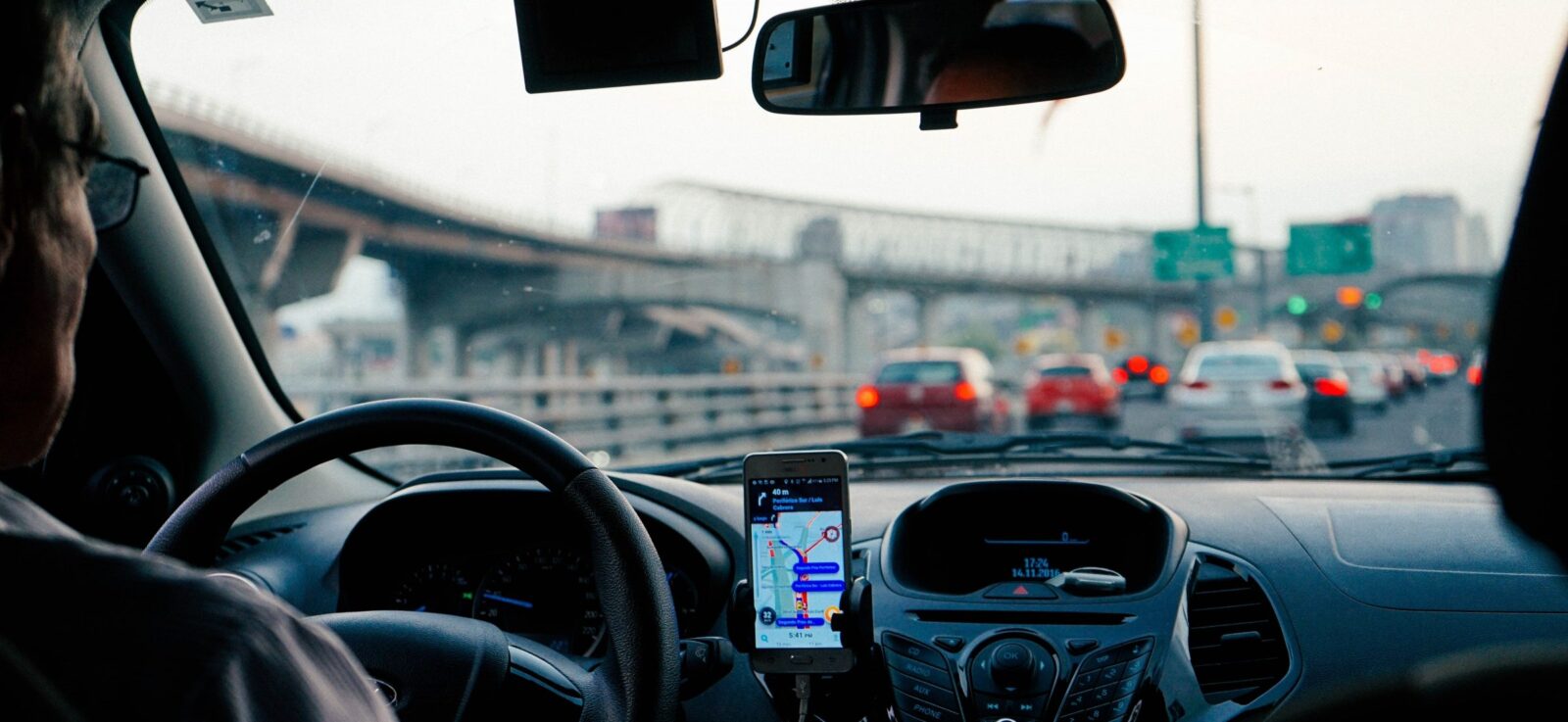
Kleinman Ride-Hail Research Gets JAPA Recognition
Through a Kleinman Center grant, student Xiaoxia “Summer” Dong conducted award-winning research about on ride-hail decision-making.
Xiaoxia “Summer” Dong was surprised when he received a congratulatory email from the editor of the Journal of the American Planning Association (JAPA) last February. His paper on ride-hail decision-making was selected as the “2021 Best Article by an Emerging Scholar,” an unexpected honor—announced this month—that resulted from an earlier submission to the journal.
Dong, a former Ph.D. student in the Weitzman School’s City and Regional Planning Department and now a postdoctoral fellow at Johns Hopkins Bloomberg School of Public Health, published the paper with help from a 2018 Kleinman Center research grant that funded a survey of 600 Philadelphia ride-hail users.
In that survey, Dong asked how much influence certain factors had on the decision to take an Uber or Lyft ride versus taking public transit. Among these factors were cost, ride duration, and carbon emissions.
His research showed that the emergence of ride-hail in Philadelphia has had a negative impact on transit use, and that lower emissions are not a consideration for most consumers. In addition, although Uber and Lyft are more costly than a train or bus, most consumers prioritize time savings over cost.
Initially, these survey results were featured in the Kleinman Center policy digest “Bye-Bye Bus: Ride-Hail in Philadelphia,” published in July of 2019. The full study was published in 2020 in JAPA under the title “Trade Uber for a Bus?“
Another relevant lesson, Dong suggested, is that sustainability campaigns popular among transit companies (such as, “take the bus; it’s good for the environment”) may not be effective—at least in Philadelphia. While these campaigns might raise awareness, Dong said, transit companies need to focus on faster, cheaper, and more reliable service. These are the deciding factors for most consumers.
Dong is now applying this same lens to the city of Boston. Using the same Kleinman-funded survey, he has queried 400 Bostonians about their transportation decisions. Early findings appear to be similar to the Philadelphia study, although Boston residents report being less bothered by the walk to and from public transit. This difference, Dong suggests, may be due to a safer and more walkable city—an idea he and his co-authors Professor Erick Guerra from the Weitzman School and Professor Ricardo Daziano from Cornell are exploring further in an upcoming paper.
“I’m really grateful for the generosity of the Kleinman Center for funding this research,” said Dong. “This research, to my knowledge had not been done before. The Kleinman Center is clearly a forward-thinking institution, one that supports new research and especially student-initiated research.”
Bye-Bye Bus
This study finds that consumers are more inclined to use ride-hail over public transport and seem unaware of or unconcerned about the environmental impact.
Read the Digest
